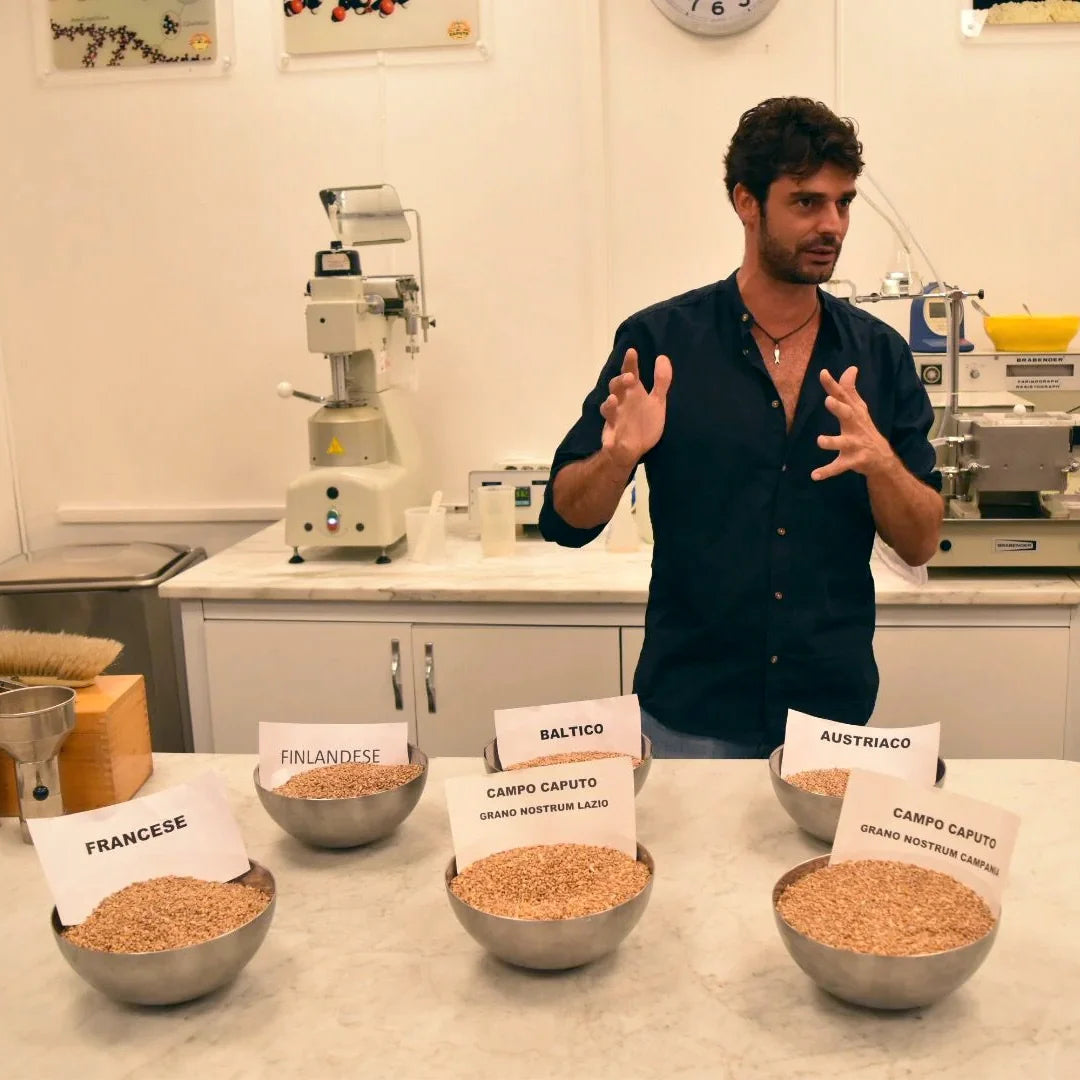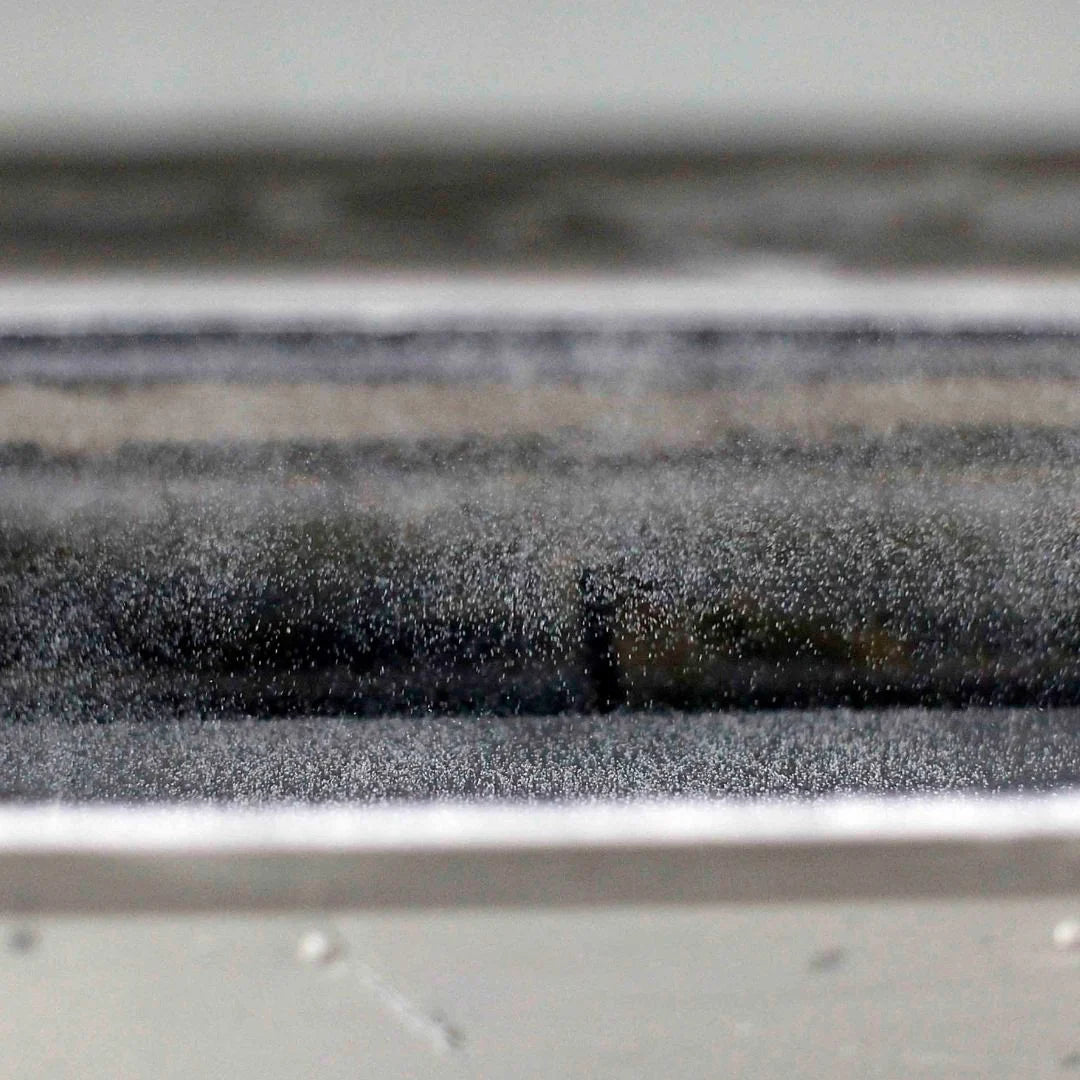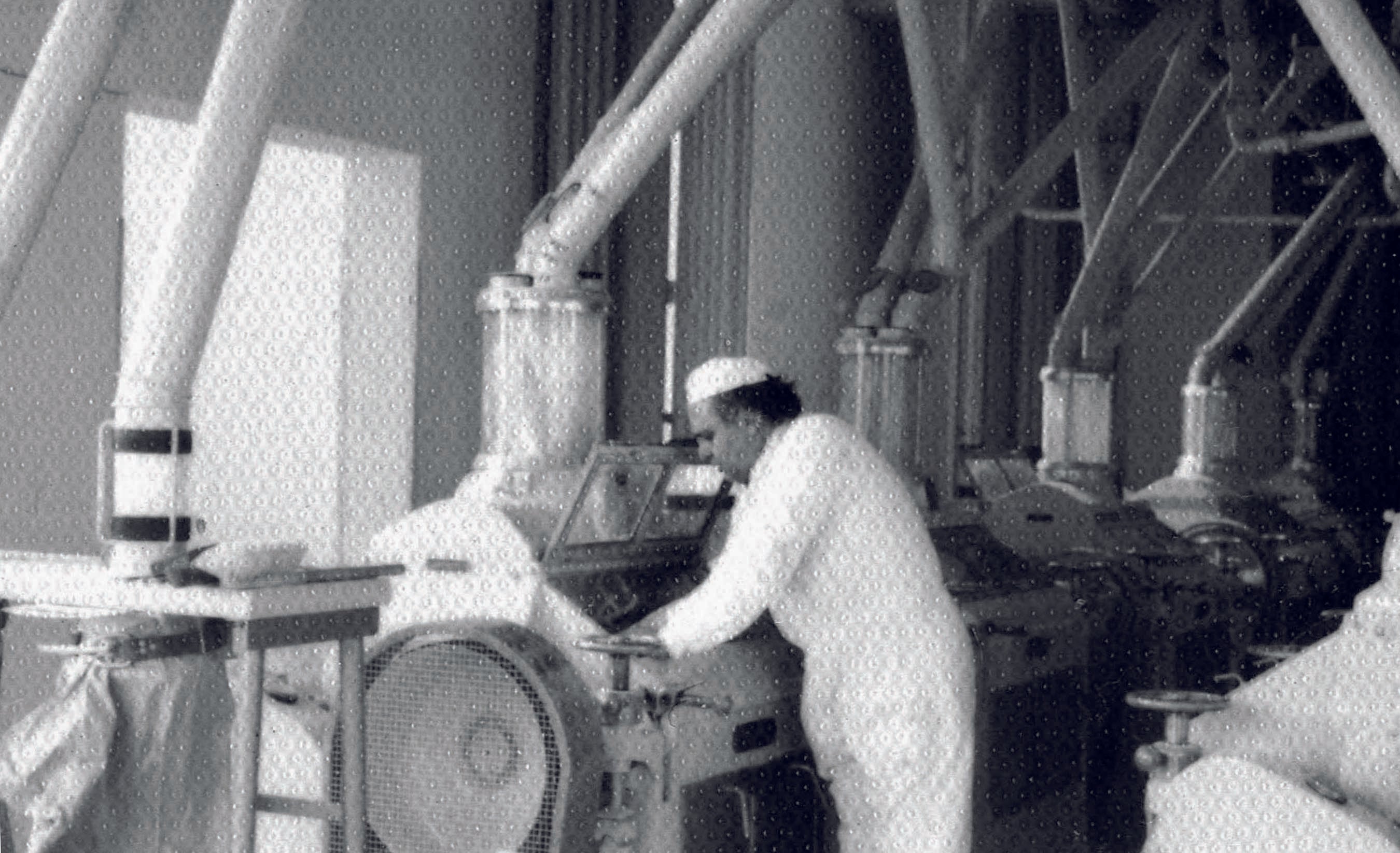
Three Generations of Milling
Caputo has been a family owned business for generations. We still use the same traditional milling technique, which is what makes our flours so perfect.
Research
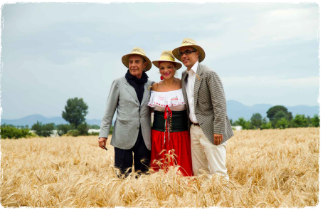
THE FIELD
We believe quality starts in the field. Our team of experts research and analyze each wheat variety right where it grows. We control and supervise our grain from the seed to the mill.
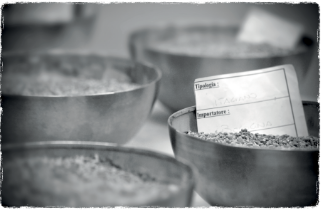
THE LAB
Every wheat variety is analyzed in our lab and tested to ensure it meets our quality and safety standards.
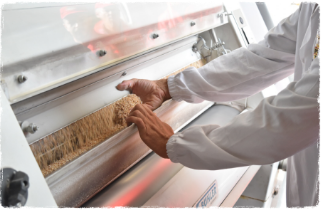
THE MILL
Our skillful mill operators test the characteristics of every blend to ensure color, odor, specks, screening, and more are all up to our standards.

